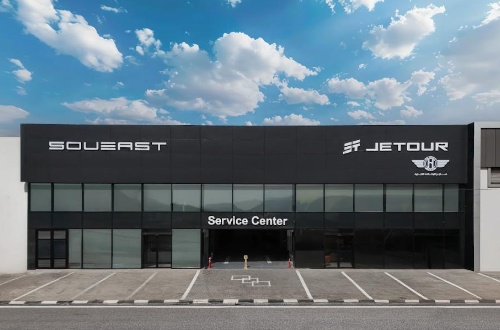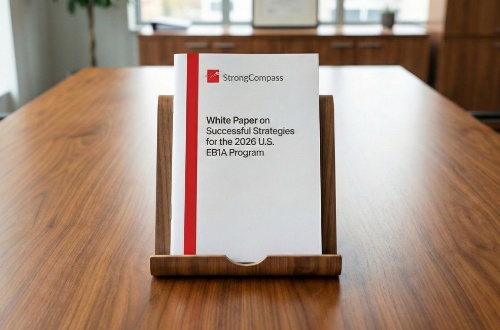Pore structure and flow features in shale oil reservoir of Jiyang Depression
 2021-12-15
2021-12-15
LIU Li, MIN Lingyuan, SUN Zhigang, PEI Lei, GU Huiliang
Exploration and Development Research Institute, Shengli Oilfield Company, SINOPEC, Dongying City 257015, Shandong Province,
Abstract: The microscopic pore structure is an internal factor controlling percolation characteristics,and percolation characteristics are the external manifestation of the microscopic pore structure. Through the technique of mercury injection capillary pressure, the microscopic pore structure parameters characterizing pore throat size, distribution, and connectivity were obtained. The contributions of pore throats on different scales to the percolation capacity of the shale oil reservoir were analyzed. The single-phase percolation curve of shale oil was established with the steady flow method to analyze the influence of rock permeability and in-place oil viscosity on the law of percolation in shale oil reservoirs. The results show that the pore structure of the shale oil reservoir in Jiyang Depression characterized by significant heterogeneity is mainly composed of submicron and nanometer pore throats. In terms of volume, most pores are connected by nanometer pore throats, but percolation is transported mainly through micron(bedding fractures)and submicron pore throats. Nonlinear percolation and starting pressure gradient in shale oil reservoir can be attributable mainly to submicron and nanometer pore throats. The relationship between the starting pressure gradient rises as fluidity falls,which can be expressed by a power function. The formula estimating the maximum drainage radius of the shale oil reservoir is established to predict the longest flow distance according to rock permeability and in-place oil viscosity under a certain production pressure difference, which provides a parameter basis for well spacing design or fracture spacing optimization.






